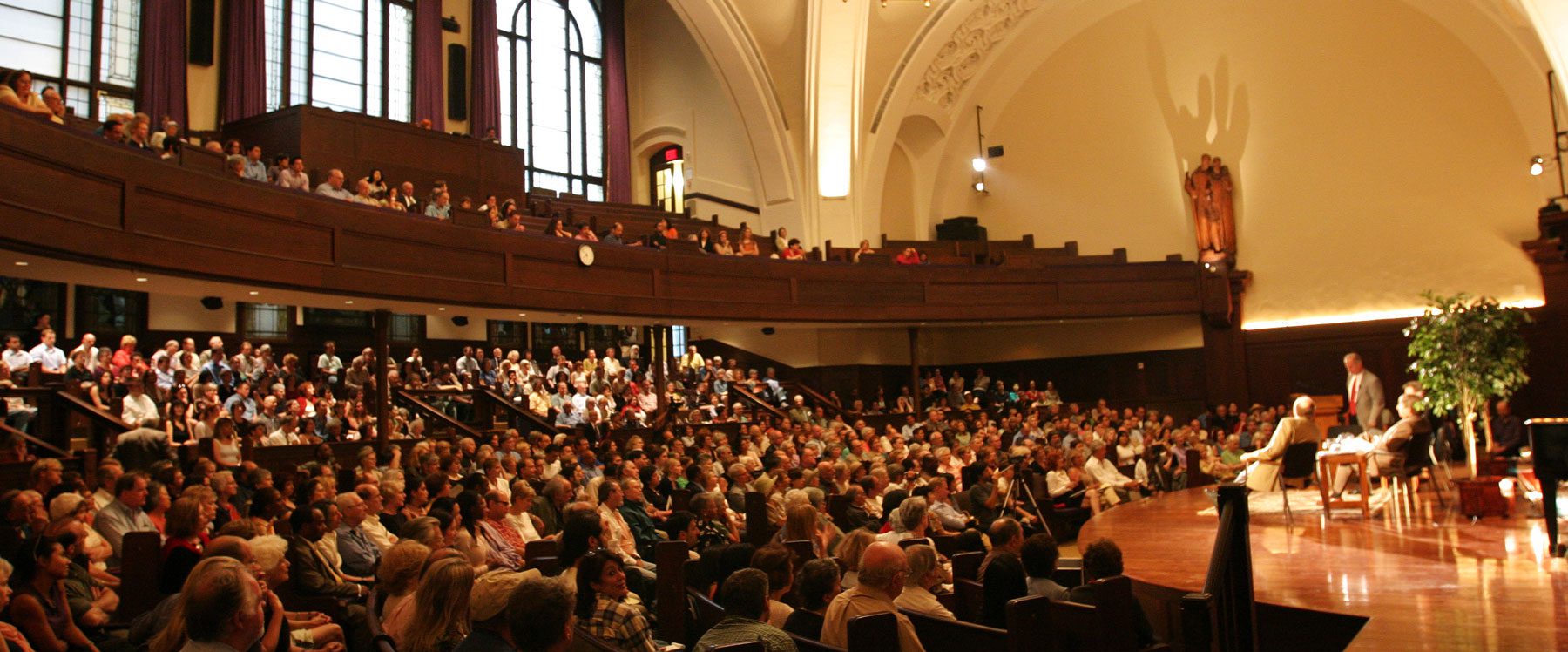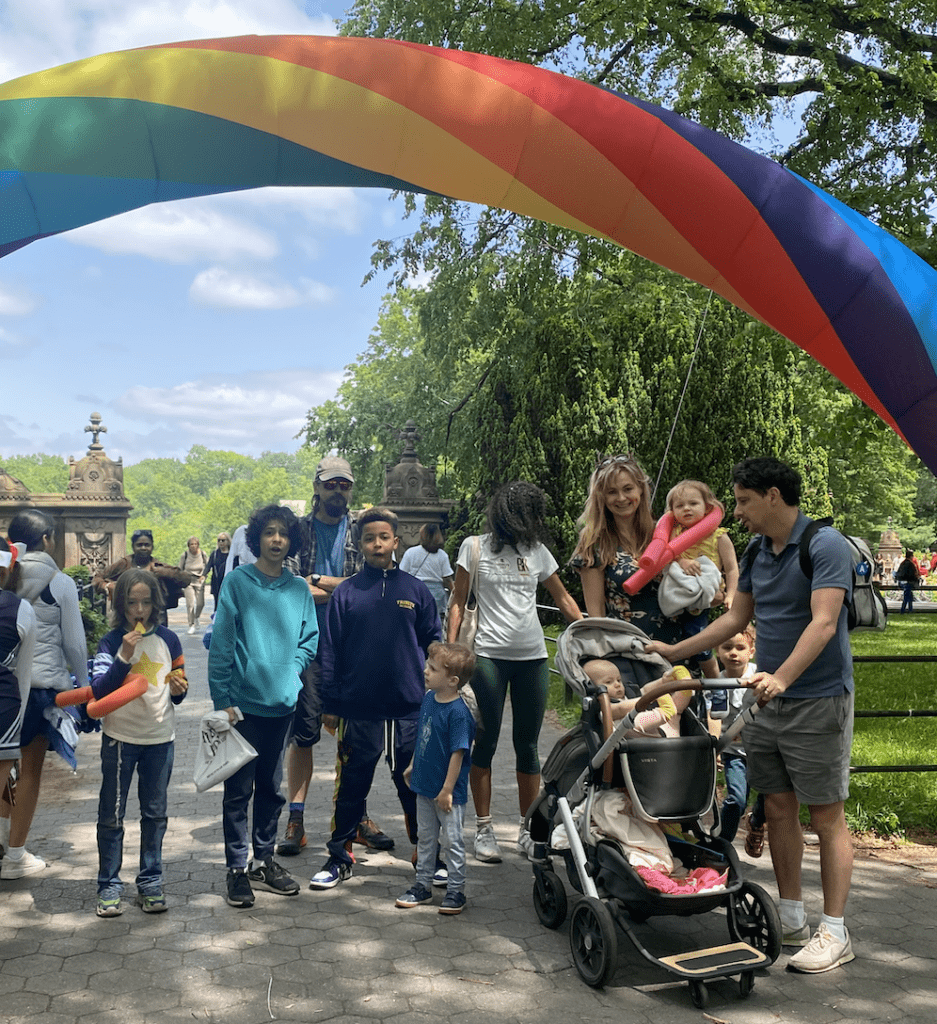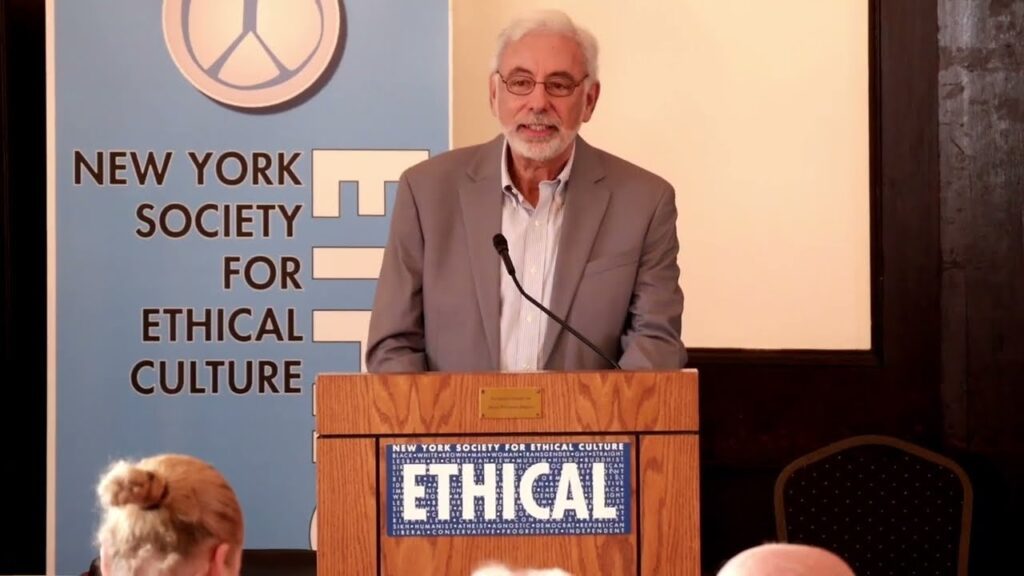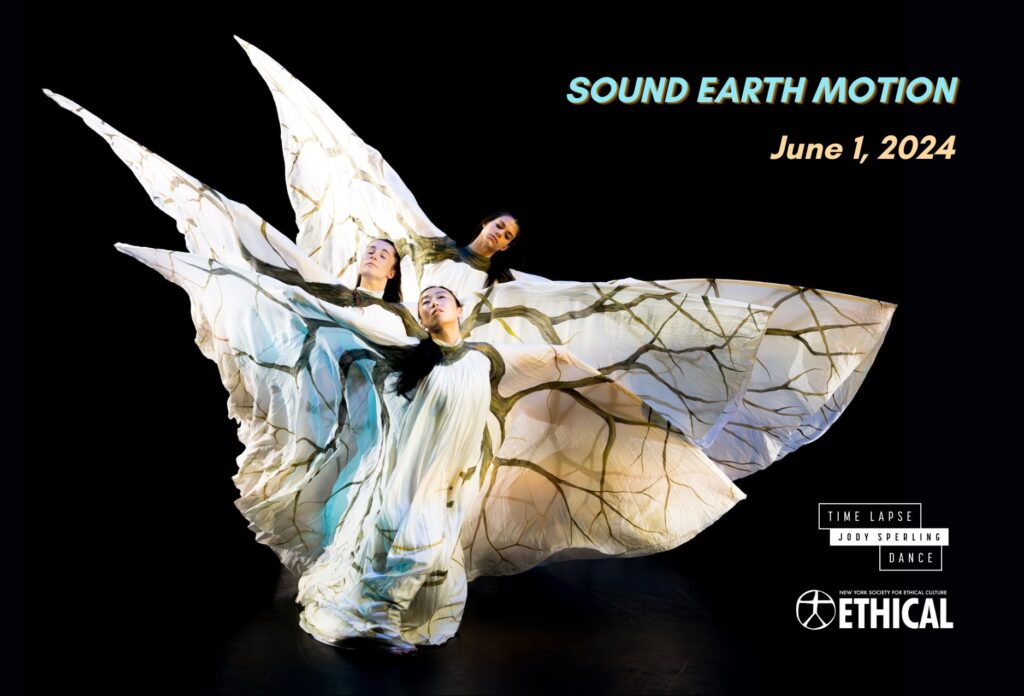
When I visit my parents in the Finger Lakes region of upstate New York, I like to stop into a local vineyard to sample its wines. Thanks to Dr. Konstantin Frank, a professor of plant sciences who held a Ph.D. in viticulture, emigrated from the Ukraine, and took a position with Cornell University, there are many wineries for me to visit. He discovered that the rootstock, and not the cold climate, was responsible for the failure of vitis vinifera vines to grow there, and set about, in the mid-20th century, to remedy the situation together with a fellow vintner. They found a hardy native rootstock on which to graft the vines and within a decade produced acres of European grape varieties, bringing new prosperity to the region.
At the winery I visited last month, I decided to buy two bottles and have them shipped home because I didn’t want to check any baggage on the flight to NYC. As the sales clerk was preparing the order, she said, somewhat conspiratorially, “You know, if you order this online, you don’t have to pay any tax.” First of all, that is not true; but more important was her willingness to cheat the government. My response surprised her. “I like paying taxes,” I said cheerfully. “I drove here safely on a well paved road that had traffic signals and no trace of snow. Taxes pay for services from which everyone benefits.”
Perhaps it is due to the rootstock from which I grew that I appreciate the way in which communities work. No one person can do everything, so we cooperate, sharing the responsibilities of life, supporting one another through good times and bad. I knew the mayor of my hometown because she was a member of my church. The police chief drove my school bus. We held our teachers, who were also our neighbors, in high esteem. We experienced what philosopher Paul Woodruff calls “reverence,”* a virtue that transcends differences and “lies behind civility and all of the graces that make life in society bearable and pleasant.”
As the Republican Party strives to “starve the beast” of government by violating workers’ rights, denigrating teachers, endangering women’s health, and humiliating the poor – doing its utmost, in other words, to promote the interests of wealthy individuals and private corporations – I have taken to the streets for what I revere as “public welfare.” In recent weeks, I have rallied in NYC for Wisconsin Solidarity (see photo) and Planned Parenthood, lobbied in Albany for juvenile justice reform and marriage equality, and will soon travel to Washington, DC for another peace march. The work of democracy is never finished: It neither begins in petitions nor ends in elections; every day offers a fresh opportunity to listen and be heard.
“Reverence,” writes Woodruff, “has more to do with politics than with religion. . . Politics without reverence is blind to the general good and deaf to advice from people who are powerless.” It belongs to community, this virtue that keeps hubris – the crime of tyrants – in check and gives meaning to the ceremony of democracy. Missing in today’s discourse is a deep understanding of the human condition, with all its limitations, and an ideal of unity that transcends politics. Self interest and personal greed triumph over community and public welfare.
We must rededicate ourselves to cultivating virtue ethics, whereby a good person feels like doing what is right. Many people are aware of moral rules, but do not feel the need to act upon them because power and/or wealth are more captivating. They lack the strength that comes from practicing virtue every day. Reverence is an experience nurtured in communities that live and work together. It challenges human arrogance, especially when people presume to speak on behalf of the gods – whatever their names, and promotes public welfare. At this critical time in our nation’s history, we must stand up for what is right.
* Reverence: Renewing a Forgotten Virtue by Paul Woodruff, Oxford University Press, 2001.







